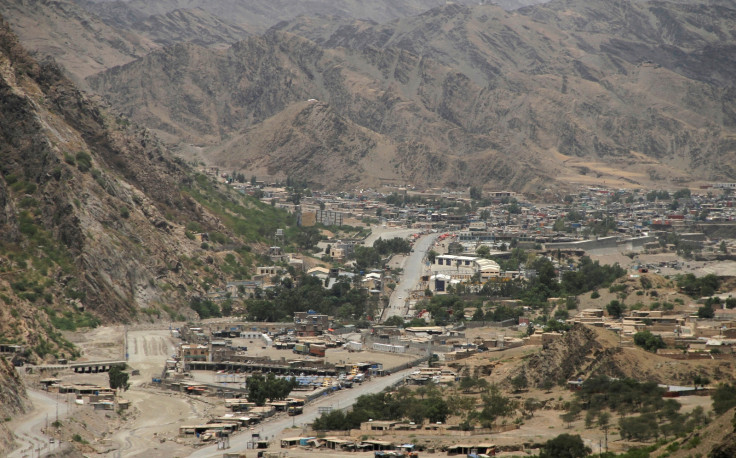Pakistan mobilises heavy artillery near Afghan border after deadly Sufi shrine attack
The mobilisation follows cross-border strikes on Islamists' positions.

Pakistan is reported to be mobilising heavy artillery near its border with Afghanistan apart from bolstering its forces in the border region following the deadly bombing in a Sufi shrine that claimed 88 lives and left more than 250 injured.
According to local reports, the deployment comes shortly after the forces pounded several Islamist positions belonging to Tehreek-e-Taliban (TTP) and Jamaatul Ahrar in cross-border attacks, the first such raids by the Pakistani army.
Pakistani security agencies suspect the troubled mountainous region has been turning into a safe haven for extremists.
In the aftermath of the suicide bomb attack, Pakistani forces have undertaken a series of measures to rein in Islamist extremists at its border with Afghanistan.
Pakistan blames Afghan-based insurgents for the onslaught.
At the same time, Pakistan's army chief General Qamar Javed Bajwa has said his country is ready to cooperate with Afghanistan in the fight against their "common enemy" of terrorism.
After chairing a high-level security meeting at the army headquarters, General Bajwa said: "Enhanced security arrangements along the Pakistan-Afghanistan border are to fight common enemy i.e. terrorists of all hue and colour. Pakistan and Afghanistan have fought against terrorism and shall continue this effort together."
A statement issued by the media wing of the military added that Bajwa "directed for more effective border coordination with Afghan security forces to prevent cross-border movement of terrorists including all types of illegal movement. COAS [chief of army staff] also welcomed recent proposals from Afghan authorities to take forward the mutual coordination for result-oriented efforts against terrorism".
© Copyright IBTimes 2025. All rights reserved.






















